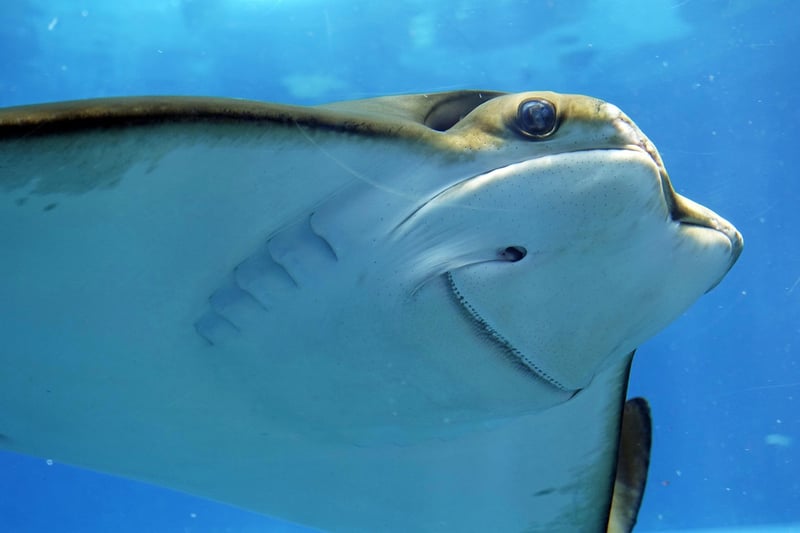Noise Reduction
Refine Your Underwater Images Post-Shoot + Noise Reduction
Capturing stunning underwater images can be a thrilling experience, but the work doesn't stop when you resurface. To truly make your underwater photos shine, it's essential to refine them post-shoot and address any noise issues that may have occurred during the photography process. Here are some tips to help you enhance your underwater images and reduce noise effectively:
1. Start with Basic Edits
Begin by making basic adjustments to your underwater images, such as correcting exposure, white balance, and contrast. This will lay the foundation for more advanced edits later on.
2. Remove Backscatter
Backscatter, those unwanted bright spots caused by light reflecting off particles in the water, can detract from the quality of your underwater images. Use a cloning or healing tool to remove backscatter and clean up your photos.
3. Apply Sharpening
Underwater images can often appear softer due to water distortion. Apply selective sharpening to enhance details and make your subjects stand out more effectively.
4. Utilize Noise Reduction Tools
Noise, particularly in darker areas of underwater images, can be a common issue. Use noise reduction tools in photo editing software to minimize graininess and create a smoother, cleaner look.
5. Fine-Tune Colors
Adjust the colors in your underwater images to make them more vibrant and true to life. Tweak the saturation, vibrance, and hue to achieve a visually appealing result.
6. Crop and Straighten
Consider cropping your underwater images to improve composition and remove any distracting elements. Additionally, straighten horizons to ensure a balanced and polished appearance.
7. Final Touches
Before saving your refined underwater images, take a final look to ensure everything looks cohesive. Make any necessary tweaks to exposure, contrast, or other settings to perfect your photos.
By following these tips and techniques, you can elevate your underwater images to new heights and create captivating visuals that truly showcase the beauty of the underwater world.

Remember, practice makes perfect, so don't be afraid to experiment and refine your skills to become a master at post-shoot editing and noise reduction for underwater photography.
